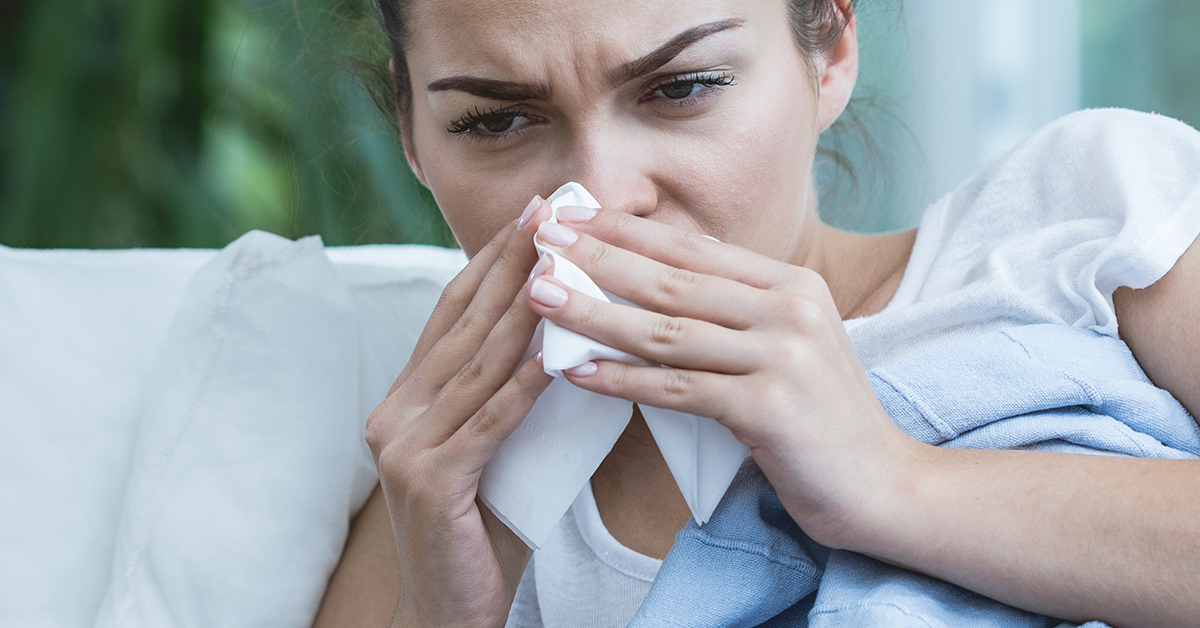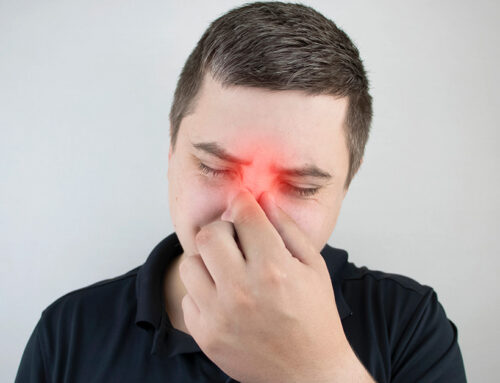
Eight Things About Post-Nasal Drip You Didn't Know
You may have suffered or are suffering currently from post-nasal drip, but you didn't even know it. What a is post-nasal drip? What are the symptoms and what causes post-nasal drip? How is it treated and should I see a doctor? Read on to learn eight important facts about post-nasal drip.
1 - What is Post-Nasal Drip?
The glands in your nose and throat normally produce mucus to fight infections, catch foreign substances, and keep you nasal membranes moist. Post-nasal drip occurs when you nose and throat produce excess mucus, often causing you to feel it dripping down from your nose into your throat.
2 - What are some of the Symptoms of Post-Nasal Drip?
The most common symptom is the feeling that mucus is draining into your throat, causing you to feel like you need to constantly cough. Other symptoms include:
- Nausea due to the excess mucus draining into your stomach
- A scratchy or sore throat
- Bad breath
3 - What Causes Post-Nasal Drip?
Post-nasal drip can be caused by a multitude of reasons. Some of the most common causes include:
- Allergies
- Deviated septum
- Nasal polyps
- Common cold
- Cold temperatures
- Bacterial infections
- Sinus infections
- Dry air
- Pregnancy
- Spicy Foods
- Some medications
4 - When Should You See a Doctor?
If your symptoms have lasted longer than ten days, or if they're getting worse, you should make an appointment with your ENT specialist. Symptoms including fever, wheezing, breathing difficulties, or mucus with a strong odor also indicate that it's time to visit your ENT specialist.
5 - What are Over-the-Counter Medications that Can Help with Post-Nasal Drip?
Over-the-counter medications such as decongestants and antihistamines can help to ease the symptoms of post-nasal drip.
6 - What Other Home Treatments Might Help with Post-Nasal Drip?
Other treatments that you can try on your own include saline nasal sprays, staying hydrated, and sleeping with your head elevated slightly have been known to help with the symptoms associated with post-nasal drip.
7 - How Can I Reduce the Chances of Being Affected by Post-Nasal Drip?
Post-nasal drip usually accompanies a common cold, infection, or allergies. To help with avoiding a cold or infection, be proactive with washing your hands and avoiding physical contact with other sick people. If your post-nasal drip is a result of allergies, first figure out what is triggering your allergies by visiting your ENT specialist. Once the specific allergen is determined, a plan of action can be made to help you avoid that allergen.
8 - Is Post-Nasal Drip a Serious Condition?
Usually, post-nasal drip is more annoying than serious. However, post-nasal drip can be a symptom that is the result of a more serious condition. If you believe that your post-nasal drip is a sign of something else, visit your ENT specialist to begin your path to recovery.




